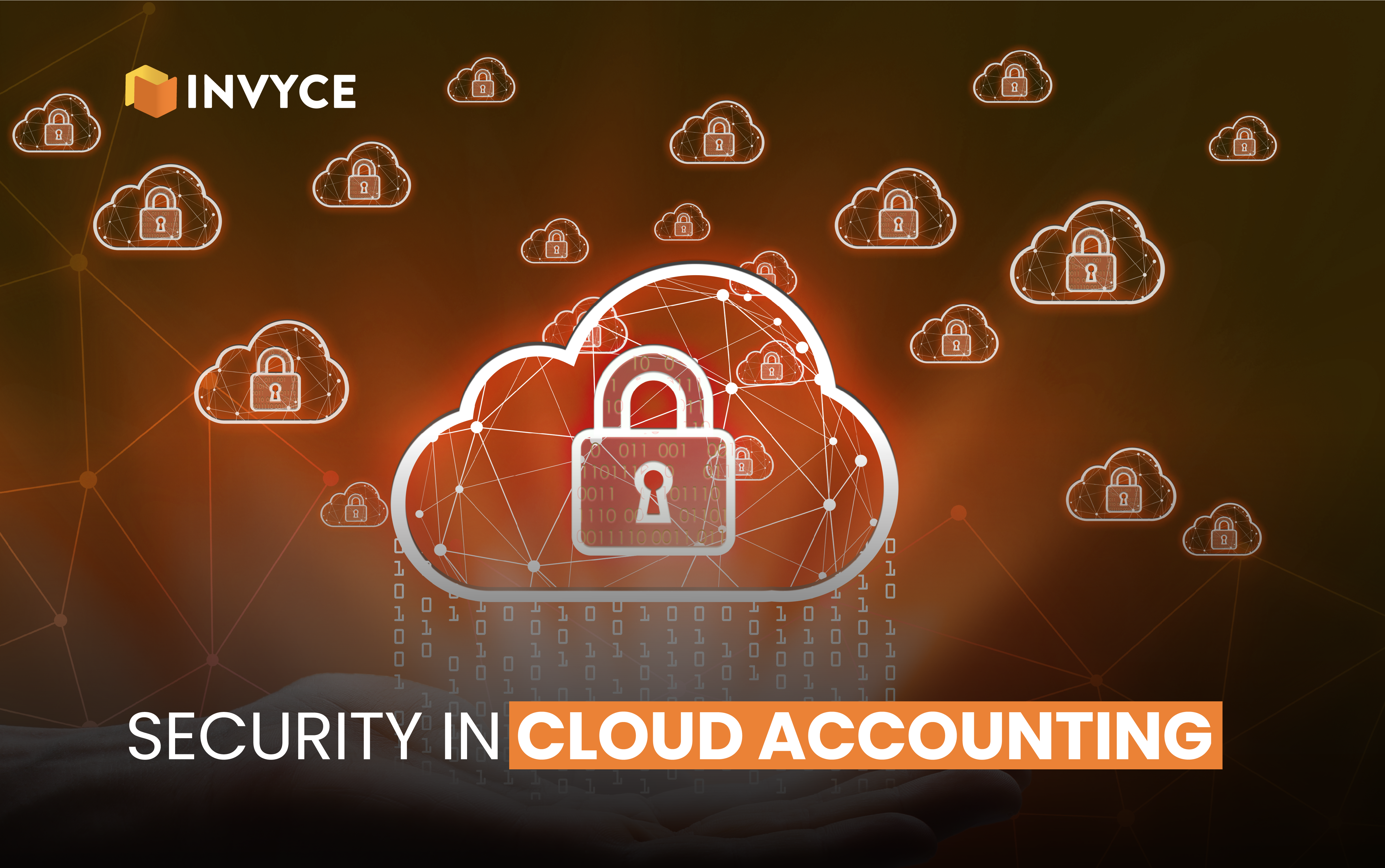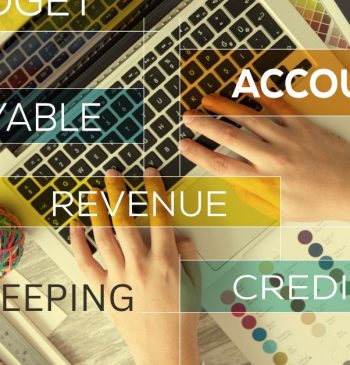17 May

Cloud accounting is growing as a key financial management tool as businesses move more and more to digital platforms. All types of companies find cloud-based solutions appealing due to their affordability, scalability, and ease of use. These benefits do, however, raise serious security issues. Protecting sensitive financial data and upholding corporate integrity depend greatly on cloud accounting systems’ security.
Key Security Challenges in Cloud Accounting
Inappropriate Access and Data Loss
The possibility of data leaks is among the main issues with cloud accounting. Financial data breaches can result in severe implications, such as financial losses, harm to one’s reputation, and legal quandaries. The fact that cloud-based systems contain a lot of important data makes them a popular target for hackers.ty Challenges in Cloud Accounting.
Threats from Within
Insider threats are a major issue, regardless of whether they originate from unethical staff or careless actions. Workers who have access to private financial information may actively or accidentally abuse it, which could result in fraud or data leaks.
Data Availability and Integrity
In cloud accounting, maintaining the integrity and accessibility of data is essential. The loss or corruption of financial data has the potential to seriously damage the operations and finances of a company. The main objective is to make sure that data is correct and available when requested.
Regulatory Concerns and Compliance
Companies must comply with several laws related to financial reporting and data protection. Compliance with regulations like GDPR, HIPAA, and SOX is crucial for evading legal liabilities and preserving client confidence. These legal regulations must be taken into consideration while designing cloud accounting solutions.
The Best Methods for Improving Cloud Accounting Security
Strong Access Controls and Authentication
Securing cloud accounting systems requires the use of robust authentication procedures. To guarantee that authorized people can access critical data, multi-factor authentication, or MFA, ought to be made compulsory. In addition, flexible access controls should enable companies to limit user permissions according to roles and responsibilities.
Data Encryption
A key component of data security is encrypting. Sophisticated encryption standards (AES) should be used to encrypt data while it is in transit as well as at rest. This makes sure that data is safe and inaccessible even if it is intercepted or viewed without permission.
Vulnerability Assessments and Regular Security Audits
Potential issues in the cloud accounting system can be found by regularly doing security audits and assessments of vulnerability. Independent security experts who are qualified to offer objective assessments and suggest important changes should carry out these evaluations.
Training and Awareness Programs for Employees
Safety incidents are frequently the result of human error. To teach staff members about scams, security best practices, and the value of protecting sensitive data, extensive training programs should be put in place. Employee attention and awareness of the most recent hazards are guaranteed by routine program updates.
Plans for Data Backup and Recovery
Establishing strong data backup and recovery procedures is important for businesses looking to prevent data loss. Frequent backups guarantee that information may be recovered in the event of a cyberattack, or accidental elimination. or corruption. It is advisable to keep these backups safely, ideally in several places, to avoid a single point of failure.
Adherence to the Regulations
The integrity and legality of cloud accounting systems depend on compliance with applicable regulatory standards. Companies should collaborate with legal and compliance specialists to understand industry-specific regulations and put policies in place that adhere to these standards.
Third-Party Security Certifications
When choosing a cloud accounting provider, businesses should search for one that has third-party security certifications such as ISO 27001 or SOC 2. These certifications attest to the supplier’s adherence to stringent security regulations and industry best practices for data protection.
Cloud Accounting Services' Role
The security of financial data is greatly enhanced by cloud accounting companies. To safeguard the data of their clients, they must invest in cutting-edge security procedures and technologies. This entails keeping data centers safe, putting strong access controls in place, and releasing security updates often.
Continuous Attentiveness and Identification of Threats
Continuous monitoring and threat detection systems should be used by providers to quickly discover and address security incidents. By taking a proactive stance, risks are reduced before they become serious incidents.
Policies for Transparent Security
Gaining the confidence of clients requires openness in security policies and procedures. The security procedures, incident response strategies, and regulatory compliance of providers should all be made evident. Decisions about cloud accounting systems can be made with knowledge thanks to this transparency.
Conclusion
Security is becoming more and more important as cloud accounting becomes more widely used. By putting strong security measures in place and adhering to best practices, businesses must prioritize protecting their financial data. It’s crucial to take proactive security measures, maintain regulatory compliance, and collaborate with trustworthy cloud accounting providers. Through this approach, businesses may safely utilize the advantages of cloud accounting while protecting their confidential data, guaranteeing productivity and comfort.
Related Post
Copyright © 2024 – Powered by uConnect


